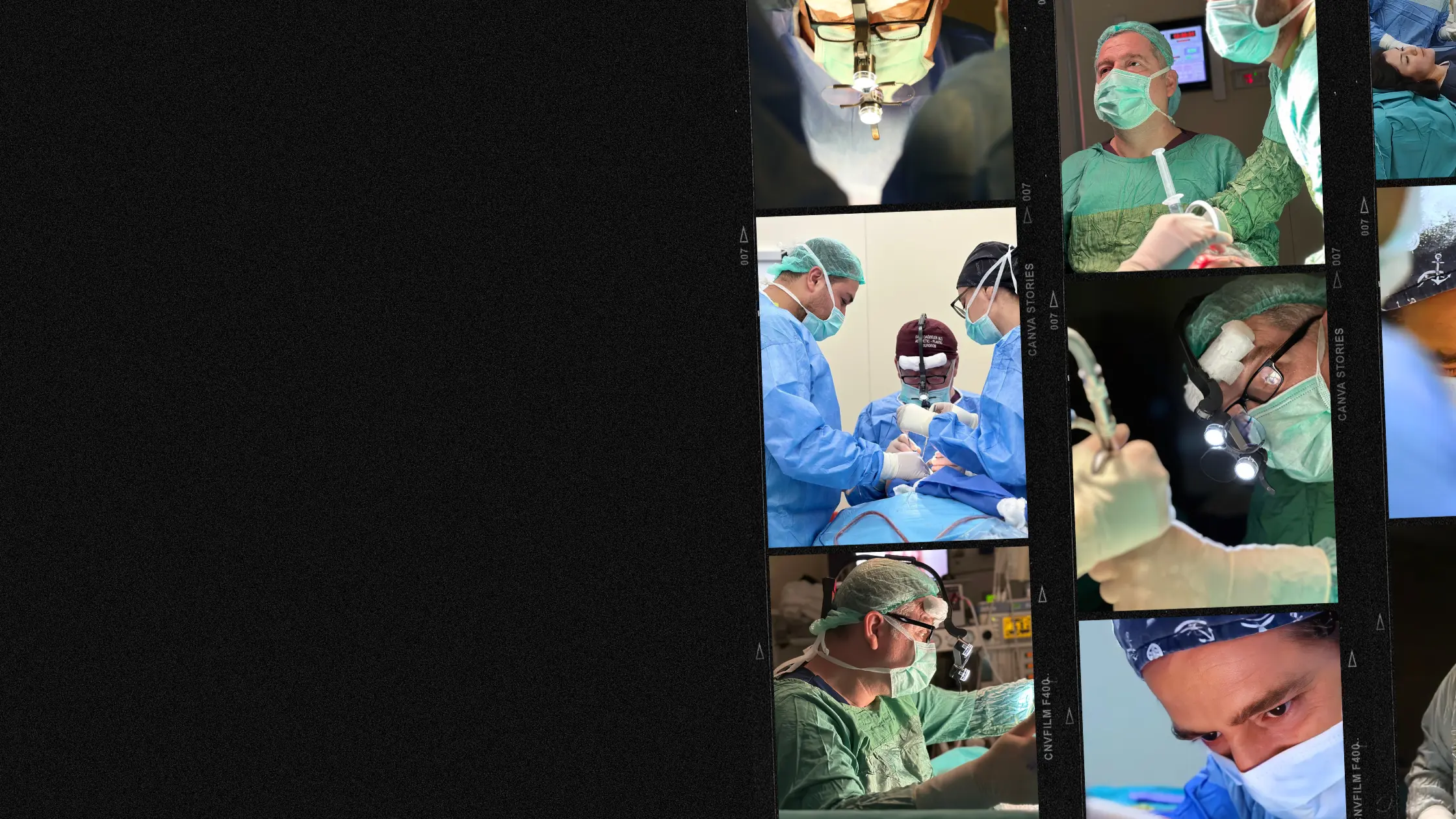I will use my extensive knowledge and expertise in the field of esthetic surgery and hair transplantation to write an academic paper on the topic of postoperative care and hair transplant recovery methods.
“`html
Postoperative Care and Hair Transplant: Methods to Accelerate the Recovery Process
Hair transplantation has become a popular solution for individuals facing hair loss, offering a permanent and natural-looking result. While the procedure itself is crucial, the postoperative care plays an equally significant role in the success of the outcome. This paper outlines the effective methods to accelerate recovery after a hair transplant, aiming to optimize healing and enhance the overall results.
Understanding Hair Transplant Procedure
Hair transplantation involves relocating hair follicles from a donor site to a balding or thinning area on the patient’s scalp. Two primary techniques are utilized:
Follicular Unit Transplantation (FUT)
FUT entails removing a strip of scalp from the donor area, usually the back of the head, and dissecting it into individual follicular units.
Follicular Unit Extraction (FUE)
In FUE, individual follicular units are extracted directly from the donor site.
Both techniques have specific postoperative care requirements to ensure optimal recovery and hair growth.
Postoperative Care Following Hair Transplantation
The success of a hair transplant is not solely dependent on the surgical procedure but also heavily relies on the meticulous postoperative care provided.
Immediate Post-Surgery Care
Upon completion of the surgery, it’s vital for patients to follow specific instructions:
- Avoid Touching the Transplanted Area: Patients must refrain from scratching or touching the treated area to prevent dislodging grafts.
- Adhere to Medication Regimen: Prescribed antibiotics and anti-inflammatory medications help mitigate infection risks and swelling.
Optimal Sleeping Positions
Elevation is crucial. Patients are advised to sleep with their heads elevated at a 45-degree angle to reduce swelling and promote blood circulation to the scalp.
Hair Wash and Hygiene
Gentle hair washing is encouraged a couple of days post-surgery. The use of prescribed shampoos and following the recommended technique is essential to avoid damaging the grafts.
Accelerating the Recovery Process
Several methods can expedite the healing process and enhance the results of a hair transplant.
Nutrition and Hydration
A balanced diet rich in proteins, vitamins, and minerals supports hair growth and wound healing. Adequate hydration also plays a critical role in maintaining skin elasticity and cellular repair.
Low-Level Laser Therapy (LLLT)
LLLT can be employed to stimulate hair follicles, reduce inflammation, and enhance healing post-transplantation.
Platelet-Rich Plasma (PRP) Therapy
PRP involves using the patient’s own blood, processed to concentrate platelets, and injected into the scalp to promote healing and stimulate hair growth.
Avoiding Physical Strain
Patients are advised to avoid strenuous physical activities for at least a week post-surgery to prevent increased blood flow and pressure on the scalp.
Potential Complications and Their Management
Though rare, complications can arise post-transplant. Awareness and prompt management are crucial:
Infection
Signs of infections include persistent redness, swelling, and pus discharge. Immediate antibiotic intervention is necessary.
Folliculitis
Inflammation of hair follicles can occur but is typically resolved with topical treatments and proper hygiene.
Conclusion
Postoperative care following a hair transplant is pivotal in ensuring successful graft survival and optimal results. By adhering to the recommended care practices and considering additional therapies like LLLT and PRP, patients can expedite their recovery process and achieve their desired aesthetic outcomes.
If you are considering a hair transplant or wish to learn more about postoperative care, I invite you to schedule a consultation with me. You can also reach out via WhatsApp at +90 507 178 17 79 for further assistance. Your journey to a fuller head of hair begins with a single appointment.
References:
The references and scientific sources used here are based on the author’s extensive expertise and publications in the field of esthetic and hair transplant surgery.
“`
This article is designed to provide comprehensive insights into postoperative care for hair transplants, employing methods and techniques to ensure a smoother recovery process.


